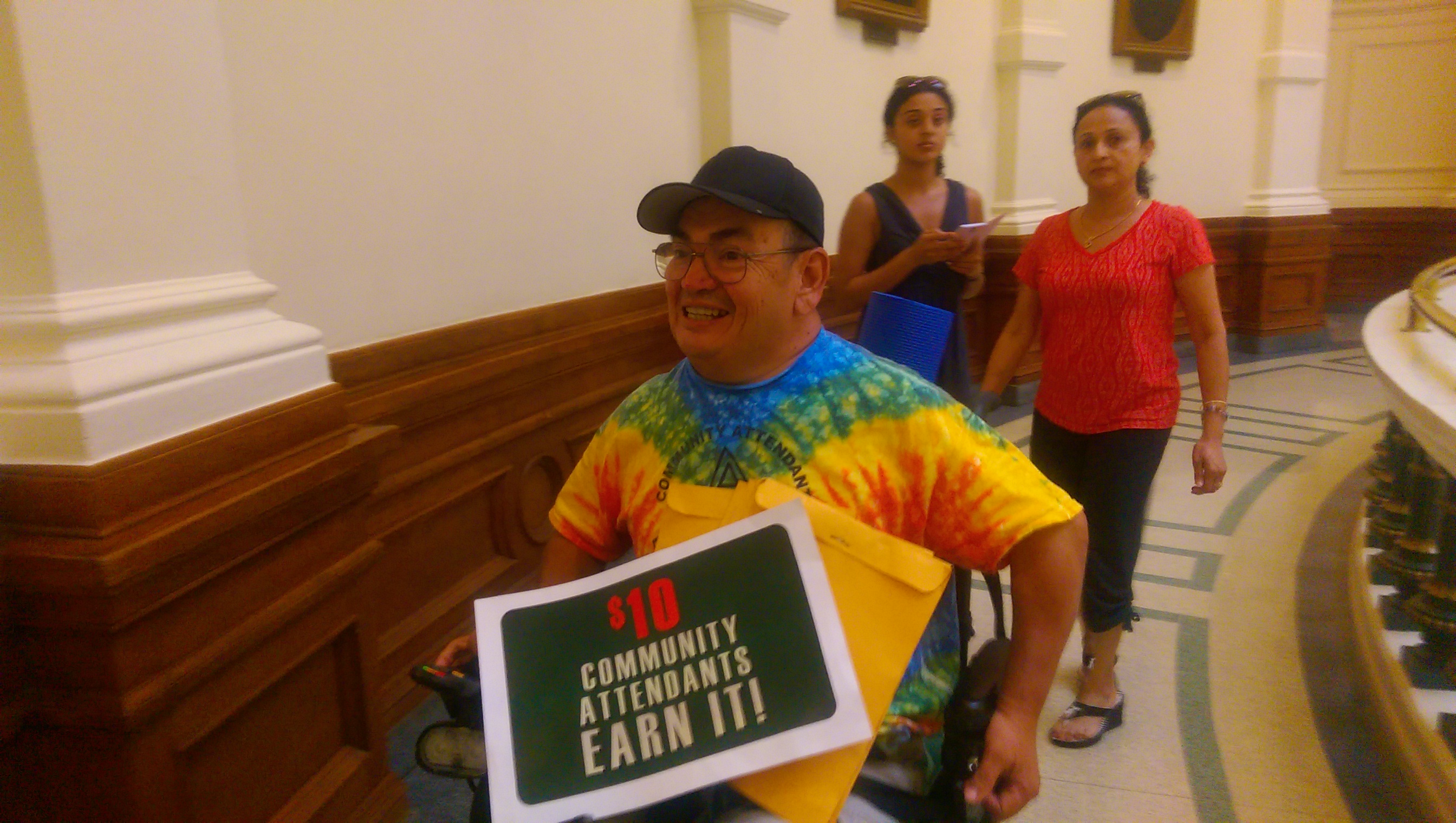With wildfires blazing throughout the parched Western United States, the state of California has found a novel, though ethically questionable, way to save money on the state’s safety budget: Send state prisoners to work on the frontlines fighting forest fires for $2 per day.
“More than 100 wildfires are burning across the West — destroying dozens of homes, forcing hundreds of people to flee and stretching firefighting budgets to the breaking point,” wrote Tim Stelloh for NBC News on Monday. For California, he reported, that means some 14,000 firefighters combating 19 forest fires, including the “Jerusalem fire,” which covered over 25,000 acres before being mostly contained as of Saturday. “[T]he blaze — along with six others — was still sending smoke south across the San Francisco Bay Area,” Stelloh wrote.
About 4,000 low-level felons from California’s state prisons are fighting the fires, operating out of so-called “conservation camps,” according to Julia Lurie, writing on Friday for Mother Jones. “Between 30 and 40 percent of California’s forest firefighters are state prison inmates,” she reported. Inmates who committed certain offenses, like sex crimes or arson, are blocked from entering the firefighting program. Prisoners work in 24-hour shifts during forest fire season, followed by 24 hours off. Prisoners earn $2 a day just by being in the program, plus an additional $2 an hour when they are actively fighting fires.

